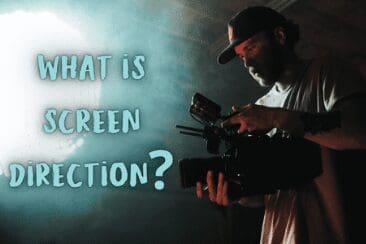Would you like to learn more about location scouting? Perhaps you would like the job of a film production location scout? If so, then you have come to the right place!
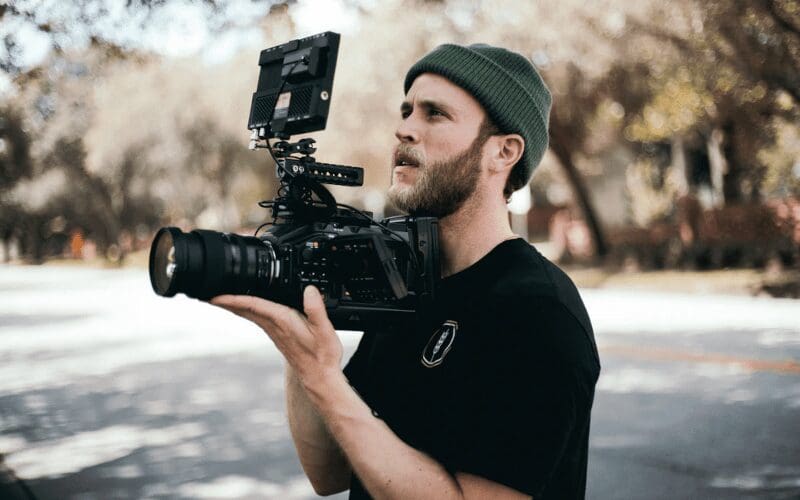
We would like you to consider this article as your ultimate guide to location scouting. It’s a vital component of the pre-production filming process, as the location needs to make sense and be visually appealing. It also needs to work to the brief or script, as otherwise, it can throw off the entire shoot.
So, make sure that you stay tuned for plenty of helpful tips and tricks for location scouting!
What Is Location Scouting?
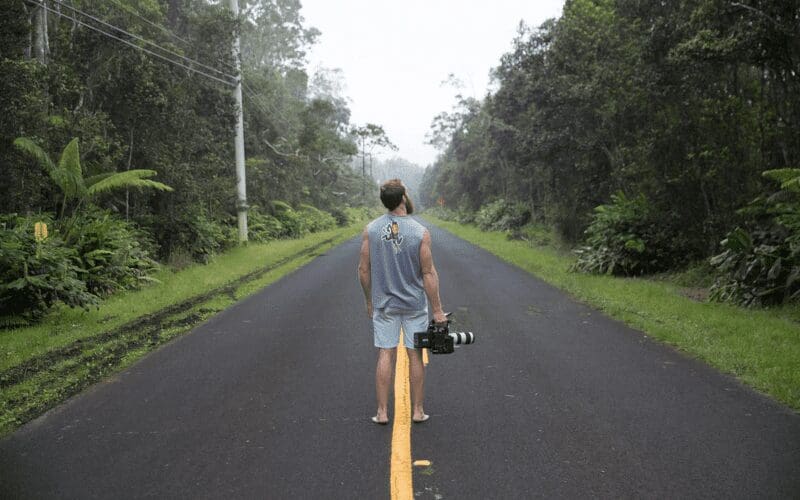
Location scouting involves looking for a suitable place to shoot something. This can be a movie, TV show, commercial, music video, or something else!
This is the job of a film location scout or a location manager. They will search for a venue that’s suitable for what is being filmed, this could be an area outside or an interior venue.
Location scouting is a vital part of the filmmaking process and it should be taken seriously.
Things To Consider When Location Scouting
So, what do you need to consider when location scouting? Plenty, actually!
Here are six things that you should take into account when looking for the perfect location for film production.
Distance
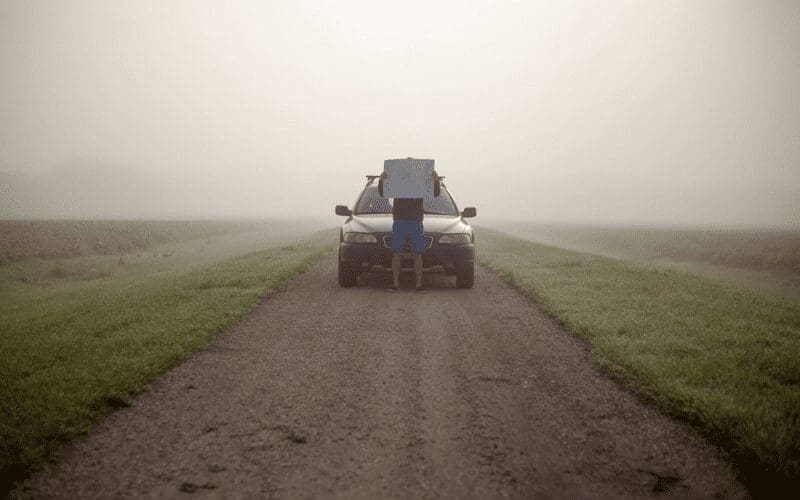
This is an important factor to consider. The distance needs to be practical so that all of the cast and crew can be at the filming location on time.
You also need to consider the time it will take for all of the filming equipment to be brought to the location.
Visuals

The actual look and appearance of the filming location need to match the brief or the instructions given to you by the director of the project.
Getting Permission
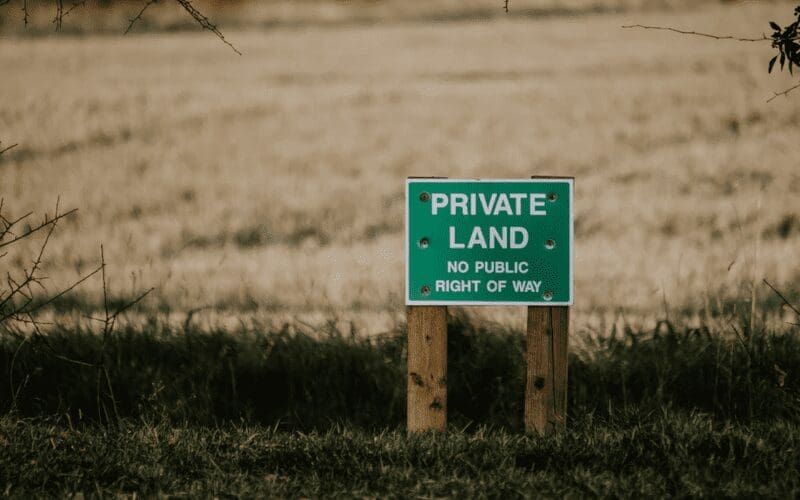
You will always need to be granted permission, wherever you choose to film. This means that you will need to get in touch with whoever owns the building or land.
There may be instances where you need a permit to film. This will be reviewed and if it’s approved then you can begin to film.
Logistics
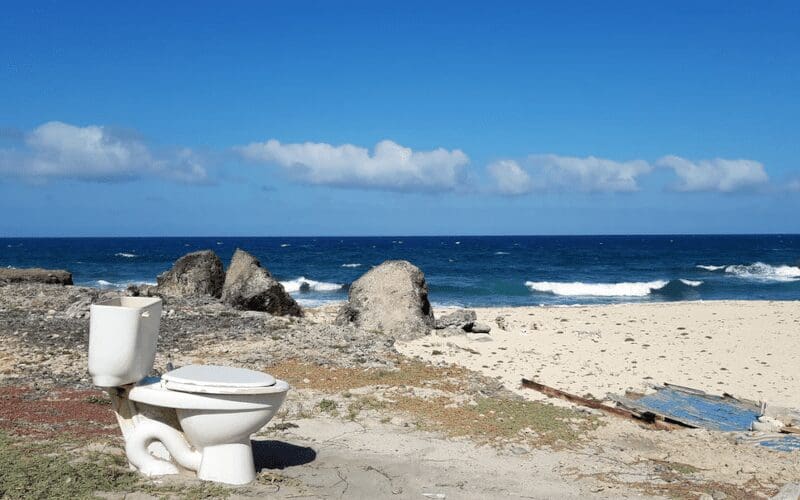
This is important to consider, as it’s looking at the finer details. For example, you need to consider if there are any toilets nearby, places to eat, charging units, and so on.
Not all shoots will need everything, but it’s important that you are prepared.
Environment

This is also examining the finer details. For example, you need to consider the natural light or any background noise that may be distracting, such as a busy road or alarms.
Make sure that you consider the whole area, not just where you wish the filming to take place.
Cost

Finally, you should carefully consider the cost of hiring the location. You will have likely been provided a set budget, so make sure that you stick to it.
You may be able to negotiate with the location owner in some cases for a discounted price. This will likely please your director!
How To Scout Locations
Is there a system for finding the perfect spots to film? Well, there’s definitely some easy steps that you can take that can help you perfect the process.
After all, it’s not easy trying to find the perfect place to film. It will take a great deal of time, patience, and energy. With this in mind, here are our four easy tips on how to scout locations.
Examine The Script
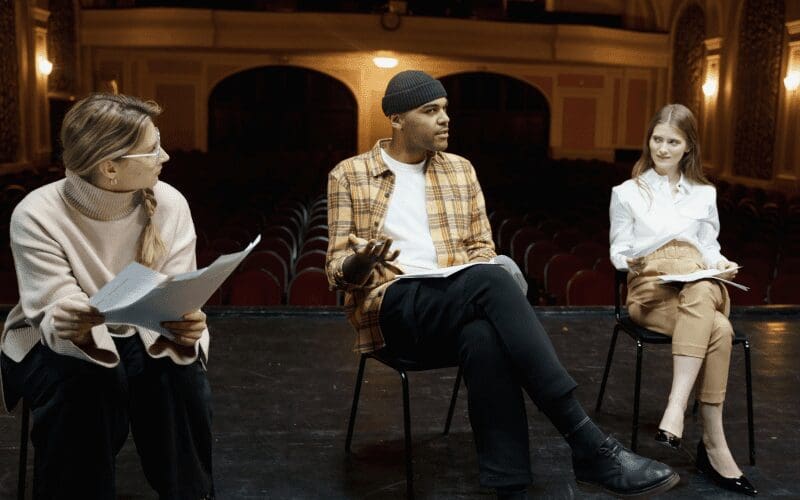
Sit down with the location department and create a detailed breakdown of the script.
You can highlight all of the different places that the script takes place and then mark down all of the different places that you will need to hunt down.
Keep things as simple as possible and remember that preparation is key for a location spotter!
Sourcing The Locations

As we have already explained, the location manager (and other location spotters) will have a list of all the different locations needed for the filming process.
If your filming needs to take place in a house, then you could look through house sales and rentals online to see if anything suits you. You could also make contact with a film commission, as many local governments have them. They can be super helpful, as they often have a list of all available places to shoot.
Scouting
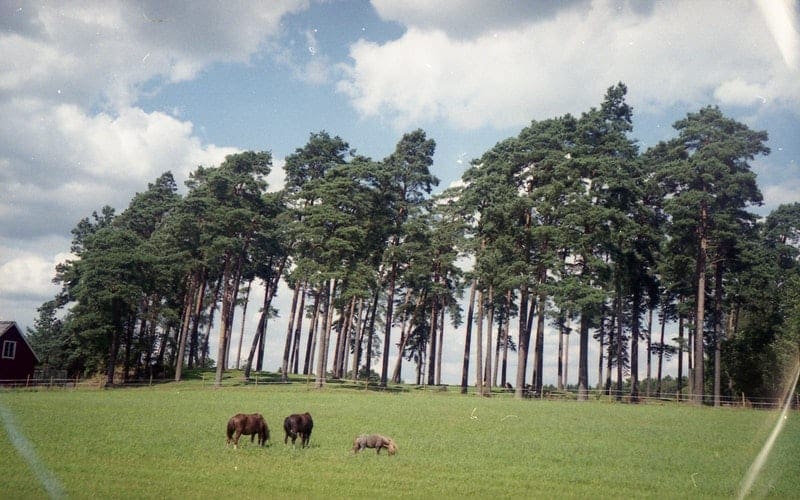
Once the steps above have been completed, then it’s time for the film location scout to go and visit the potential filming locations in person. You should never book a place sight unseen, as there are various factors that could prove a problem, such as unwanted noise or no toilets.
When you visit the locations, many location scouts will take lots of notes and photos to share with their team and the director of the project.
Sometimes the director of photography and production designer will also visit the location to see if it aligns with what they had in mind for the project.
Location Scouting: Sign The Forms

Once everything has been decided and cleared with the crew, it’s time to make sure that the filming permission is official.
For example, this could mean getting a house owner to sign a location release form. You need to make sure that all of the official paperwork is up to date and has been signed by all of the relevant people.
Top Tips For Location Scouting For A Film
Now that you know all about the practicalities of finding locations, it’s time to provide you with seven top tips for location scouting for film.
Make sure that you read them carefully, as they could make a huge difference to your film!
Consider The Timings

Don’t just visit your location at one time of day or night. If you are going to be filming during the afternoon, then it’s only logical to visit the space at the timings you’ll be filming.
This way you will be seeing the location at the right time. After all, timings can really affect the background noise of a location. Making sure that you carefully consider the timings can prevent any unwanted surprises later on.
Location Scouting: Note Taking

Taking notes, whether that be in a notebook or in the notes app in your phone, is vital to the location scouting process. This way you can write down any observations or questions that come into your mind while you are on the go.
Taking notes will help prevent you from forgetting anything important down the line.
Videos & Photo Evidence

Just like it’s important to take plenty of notes, it’s also a good idea to take videos and photos of your chosen location. You can take these for yourself for future reference, as well as for members of your crew.
This would be particularly useful for the production designer and director of the project. It’s a great way to capture the different natural lights at the location or pick up any noises that could prove a problem during filming. You never know, the video on your phone could pick up a noise that you haven’t even noticed yet!
So, make sure that you carry your phone or camera around with you. Plus, you never know when you are out and about during your normal life when you might stumble across a fantastic location. You would be kicking yourself later if you had no way of recording the potential filming location!
Location Scouting: Keep Your Permits On Hand
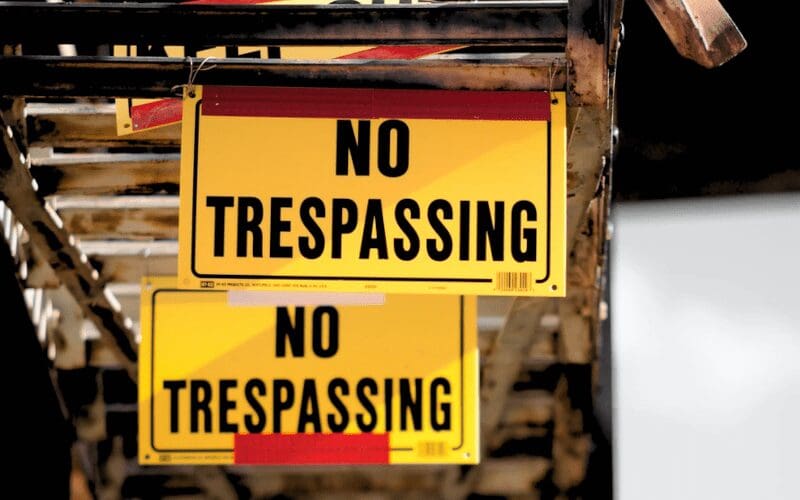
Keeping your permits and filming permissions on hand is a good idea. Not only is it super organized, but also filming in city locations (like New York or LA) the authorities may want proof of filming permission.
This could help prevent you from getting into trouble or having to suspend filming for the day simply because you don’t have your permit to hand.
Have Contacts At Every Location

Having contacts at your filming locations is a great idea. Why, we hear you ask? This is because it will help to contribute to the smooth running of the project. If you have a manager there or the owner of the location, then you can communicate effectively with them.
After all, they are in charge of the location, so you want to make sure that you keep them happy and that they know the timings of the shooting schedule. Put yourself in their shoes – they own the house you are filming in; you’d want to know how the day was going to go, right? So, just keep them in the loop and you should have no issues!
Take A Look At Satellite Imagery

This is a great tip, as it’s something that can easily be looked over or forgotten. Examining satellite imagery of your potential location should be one of the steps that you take before making a definite decision. Taking a look at satellite imagery could be as simple as logging onto Google Maps and typing the location into the search bar. This is the ideal way to examine the surroundings of the location.
For example, there could be an airport super close that you didn’t even realize was there! Again, it’s all about doing the necessary research to help prevent any nasty surprises at a later date.
Consider Doubling Up The Location
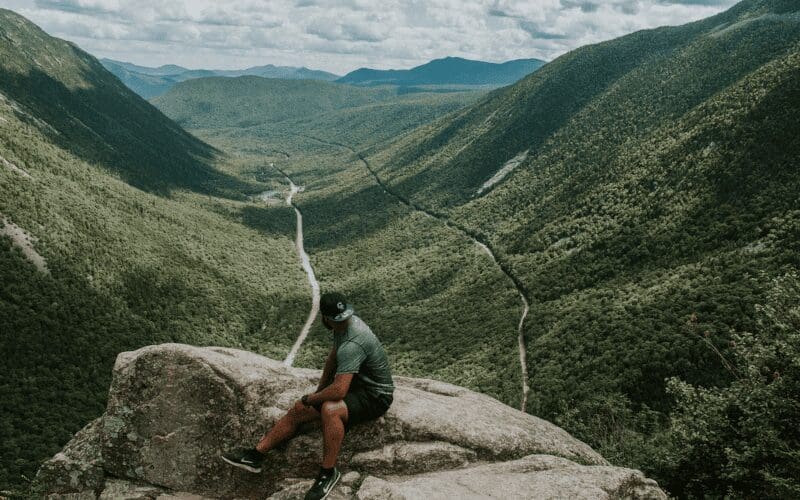
By this, we mean using the same location to film more than one part of the film. For example, if you’re filming at a house, perhaps it has some land attached to it that you can use for a later scene of the film? If you can, you should always try and do this.
Not only could it save you money, but also time, which is just as important. It means that the crew doesn’t need to worry about transporting around expensive or heavy equipment to another location that day. See? It’s a win-win situation!
Now You Know All About Location Scouting
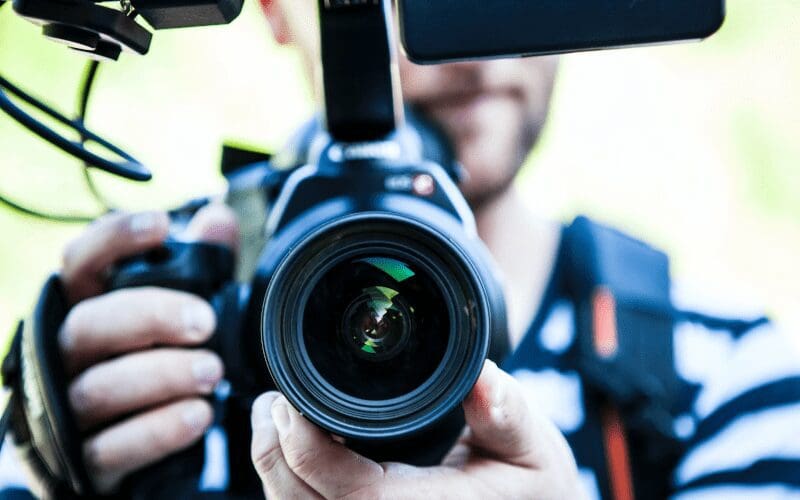
So, there we have it – everything that you need to know about location scouting! We hope that this guide has left you feeling inspired to become a location scout or given you some useful tips that you can take to your next job! As we have discovered, location scouting is a vital part of any filmmaking process, and therefore it should not be overlooked or dismissed.
It’s a great job for a visual and detail-oriented person, as a successful location spotter knows that they need to know their potential locations like the back of their hand! This means knowing what the surrounding area consists of, including if there are any noises that will interrupt filming or will need to be removed during post-production.
We hope that all of our tips will be helpful to the smooth running of location scouting, as well as what comes after – the actual filming! Remember to keep any and all permits handy during the filming process. This way you can avoid any unnecessary hassle from people, which could potentially lead to the filming being stopped for the day. This could end up wasting a lot of time and money!
Remember, take all of the notes, videos, and photos that you can! Not only will you thank yourself for it, but also the production designer and director will also be pleased with your handiwork. This is super easy to do, just make sure that you always keep your phone and a notebook on your person. Then there’s no excuse not to document what you see!








